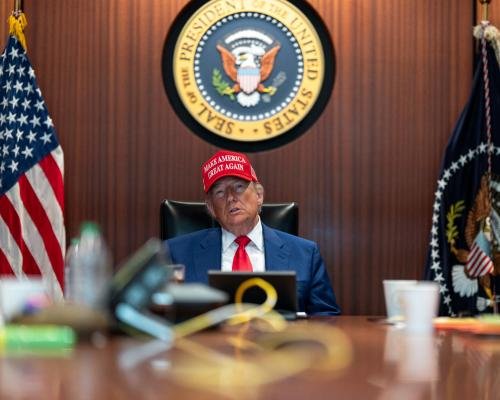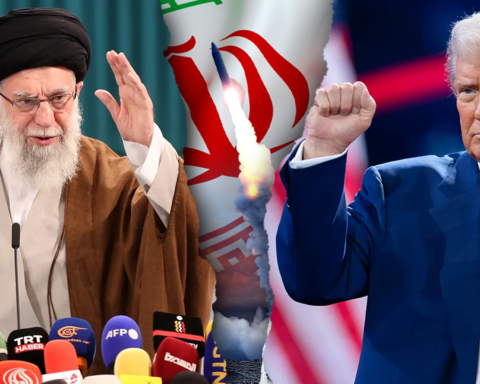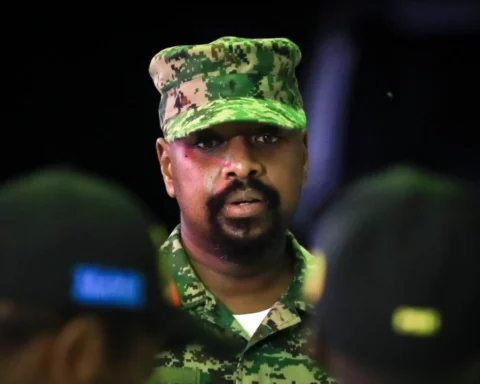The United States launched coordinated airstrikes on three of Iran’s most sensitive nuclear facilities: Fordow, Natanz and Isfahan. The decision, approved by President Donald Trump, was described as a direct response to the growing threat posed by Iran’s uranium enrichment program.
Speaking from the White House, Trump declared that the strikes had “completely wiped out” Iran’s ability to enrich uranium, a key component in developing nuclear weapons. He warned Tehran that the U.S. was ready to act again if Iran did not choose the path of peace.
The operation reportedly used long-range stealth bombers and precision-guided GBU-57 “bunker buster” bombs to penetrate Iran’s fortified underground sites.
At the United Nations, Secretary-General António Guterres issued an urgent appeal for calm, warning that the strikes represented a “dangerous escalation” and a direct threat to international peace and security.
“This is a critical moment for diplomacy,” Guterres said in a televised briefing. “All parties must exercise maximum restraint.”
The Palestinian group Hamas fiercely condemned the airstrikes, describing them as a “clear violation of Iranian sovereignty” and an unquestioning endorsement of Israel’s regional agenda. In their official statement, Hamas said the U.S. had “crossed a red line” and warned of repercussions across the Muslim world.
Meanwhile, Saudi Arabia, a key U.S. partner in the Gulf and a regional rival of Iran, voiced serious concern. Riyadh urged the international community to intensify efforts to de-escalate the crisis and emphasized the importance of a political solution to avoid wider instability.
The strikes come amid an already volatile backdrop. Tensions between Israel and Iran have been rising sharply, with recent reports of covert operations, drone attacks, and tit-for-tat strikes across borders. Analysts warn that the latest U.S. involvement could transform a shadow conflict into a direct military confrontation.
Also Read; Putin Stresses Russia Must Avoid Economic Recession
Iran, which has long insisted that its nuclear program is for peaceful purposes, denounced the attack as a “grave breach” of the Nuclear Non-Proliferation Treaty (NPT). The country has vowed to retaliate at a time of its choosing and has hinted at the possibility of closing the Strait of Hormuz, a vital chokepoint for global oil shipments.
In Europe, France, Germany, and the European Union (EU) expressed alarm, urging Washington and Tehran to return to negotiations. Russia and China, both of which have strong trade ties with Iran, sharply criticized the U.S. move, accusing it of undermining regional stability.
Calls have also been renewed to revive the Joint Comprehensive Plan of Action (JCPOA), the 2015 nuclear deal that the Trump administration withdrew from in 2018. Some diplomats now hope the crisis may force a return to diplomacy, even as military posturing continues.
As the world holds its breath, questions remain unanswered: Will Iran retaliate? Will the U.S. follow up with more strikes? And can diplomacy survive amid rising smoke?
President Trump maintains that his administration is “prepared for anything,” but many fear that a single misstep could ignite a war with devastating consequences not only for the region but for global peace.







